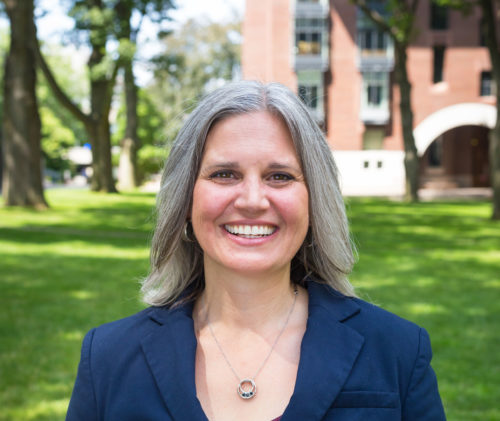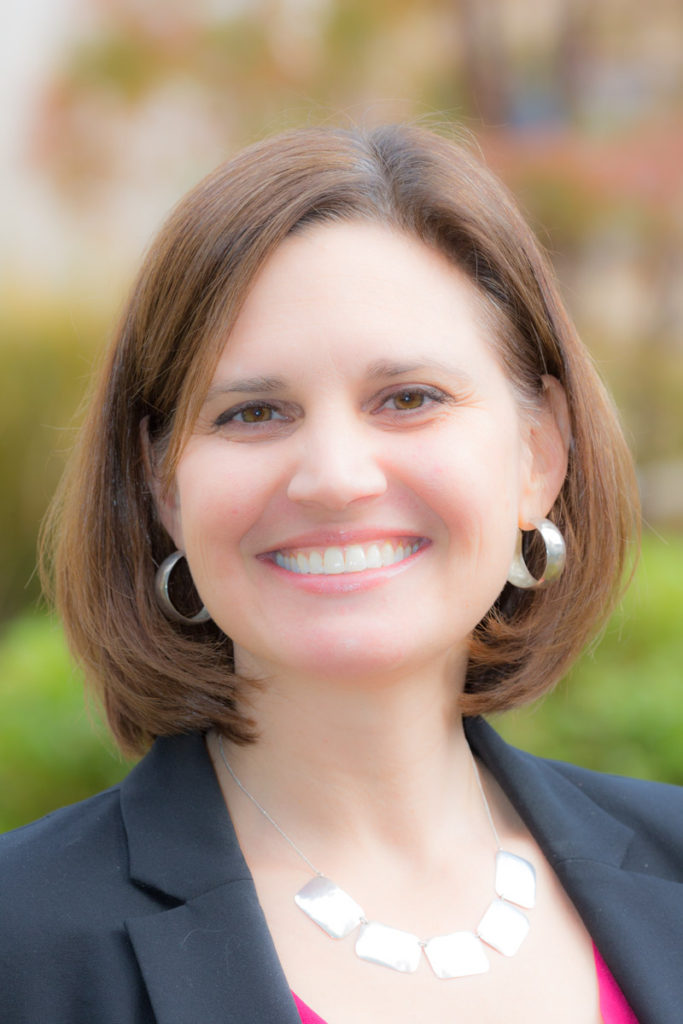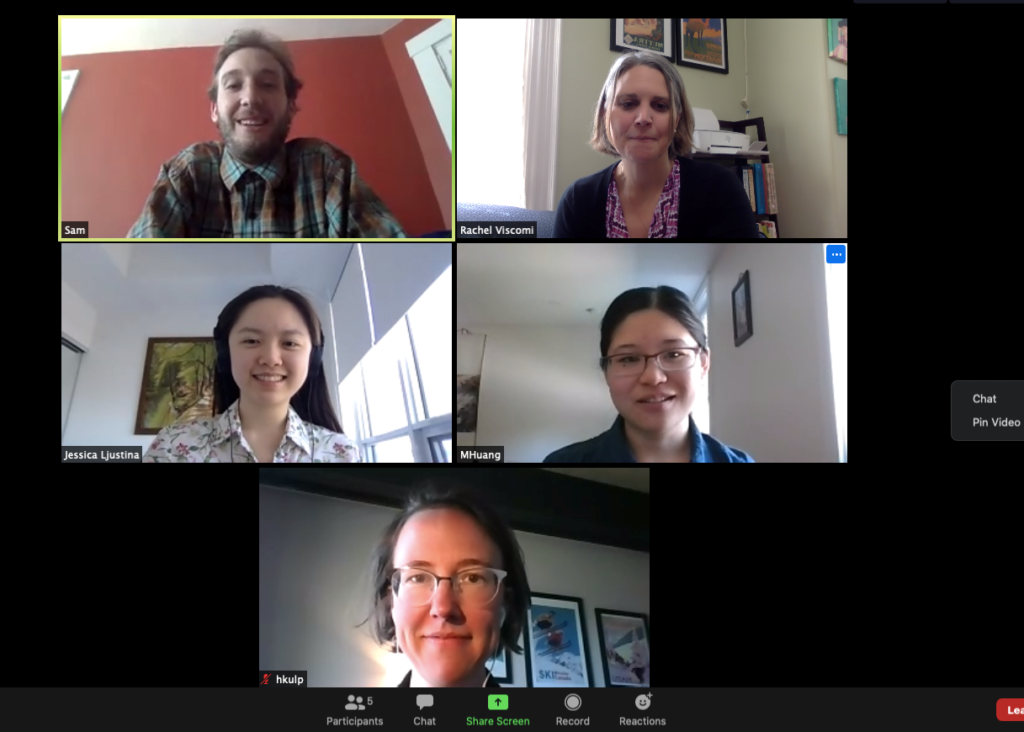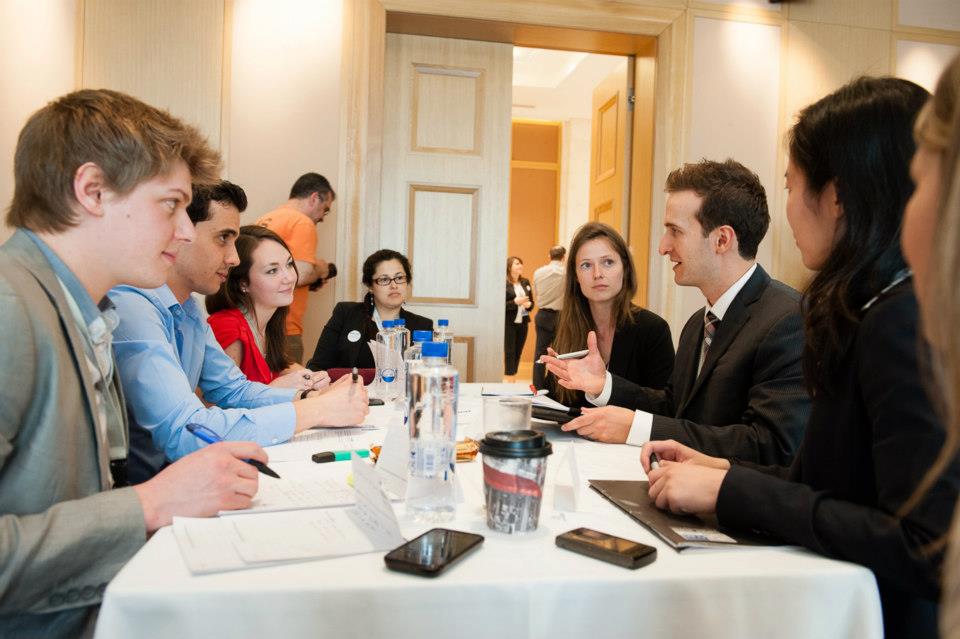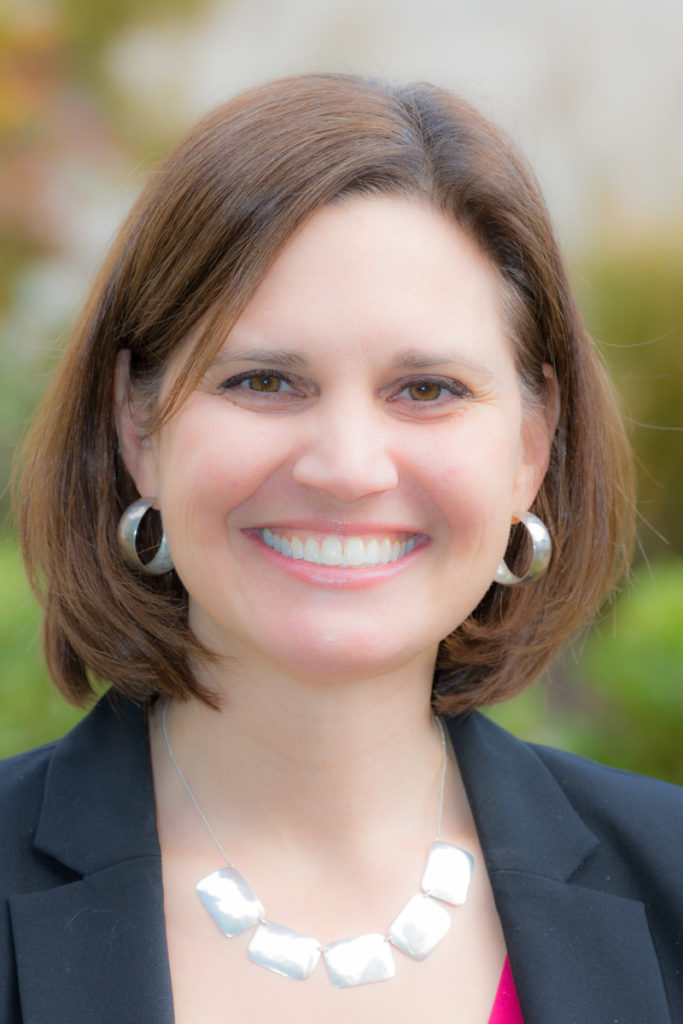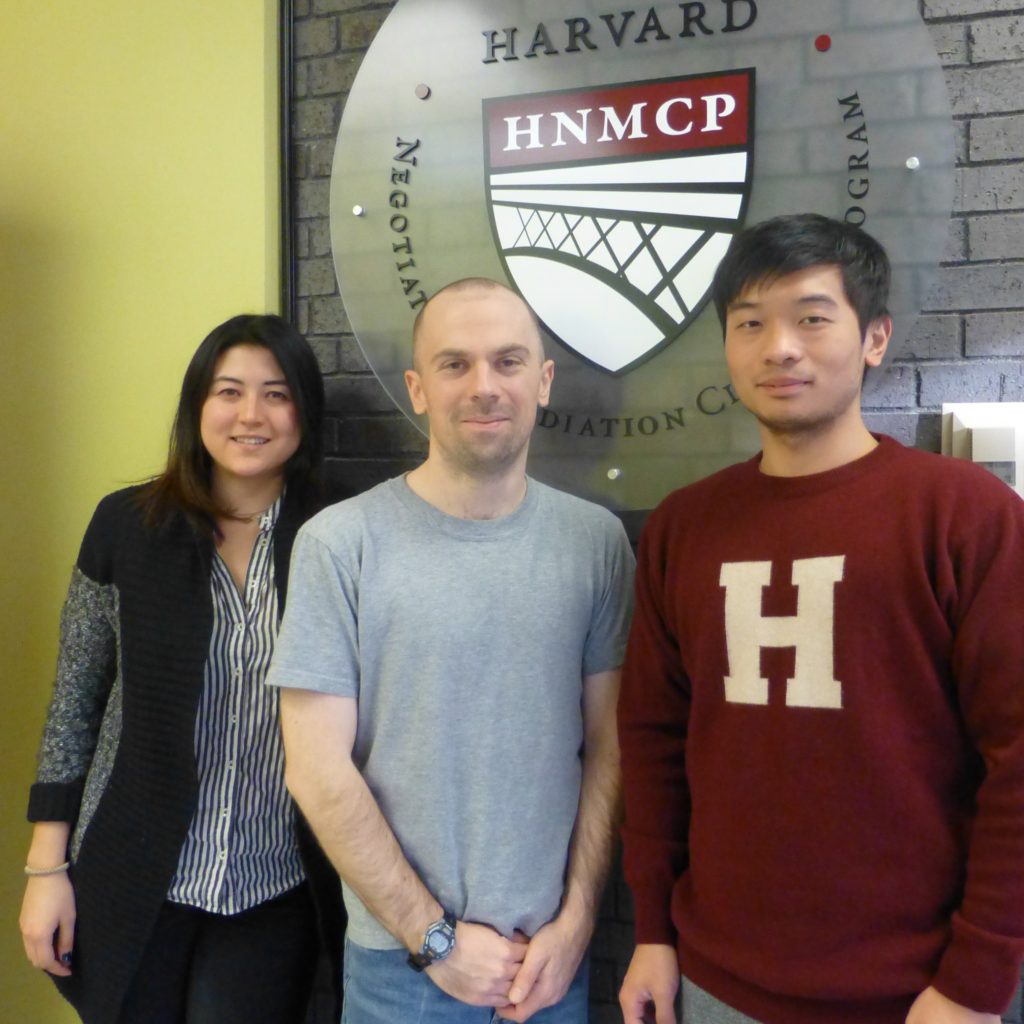 HNMCP: Anna, you’ve twice been a teaching assistant for the flagship course “Negotiation Workshop.” You’ve taken both “The Lawyer as Facilitator” and the “Multiparty Negotiations” workshops as well as the Negotiation & Mediation Clinic (HNMCP). You’ve been a member of the student practice organization Negotiators. All this indicates a fairly deep interest in alternative dispute resolution. What is it about this work that peaks your interest?
HNMCP: Anna, you’ve twice been a teaching assistant for the flagship course “Negotiation Workshop.” You’ve taken both “The Lawyer as Facilitator” and the “Multiparty Negotiations” workshops as well as the Negotiation & Mediation Clinic (HNMCP). You’ve been a member of the student practice organization Negotiators. All this indicates a fairly deep interest in alternative dispute resolution. What is it about this work that peaks your interest?
Anna Gressel: My curiosity about alternative dispute resolution began before I arrived at HLS, borne out of my experiences working on international development and legal reform initiatives. I had spent a number of years abroad between college and law school, first on a Fulbright Fellowship researching reforms to the family code in Morocco and then later working on international development projects in Sierra Leone and Morocco. Throughout these experiences, I was particularly interested in how people exert pressure to create meaningful legal reform.
Prior to returning for law school, I was living in Morocco when the Arab Spring started to spread across North Africa. Some countries had proposed political and legal reforms as a way to appease protesters; however, people felt disenfranchised and frustrated that their concerns had not been heard through this process. I really did not know anything about alternative dispute resolution at the time, but I became curious about dispute systems design—and, in particular, about the idea of involving stakeholders in the design process itself. As I arrived at HLS, I wanted to better understand how countries could utilize alternative dispute resolution mechanisms to empower people to manage conflicts both inside and outside of formal legal structures.
HLS ended up being the perfect place for me to explore these interests. I remember sitting in the first day of the Negotiation Workshop, listening to Professor Bordone list all of the course offerings on negotiation and alternative dispute resolution at HLS, each focused on a different dimension of conflict management, and I wrote down in my notebook, “take every course!” My understanding of the importance of alternative dispute resolution has grown exponentially as I have thrown myself into these courses—from the Clinic to the advanced workshops on Multiparty Negotiation and Facilitation—and each has allowed me to develop a new skill set for managing conflict. As my effectiveness grows, so does my sense of possibility for the impact I can have in my future work.
HNMCP: So you knew early on that of all the clinic offerings, you’d choose HNMCP?
AG: Given my interest in conflict resolution and systems design, it seemed like a perfect opportunity to further develop these skills through client-based projects. My particular project focused on analyzing legal claims brought against New York City and suggesting ways that the City could decrease the costs associated with resolving those claims. With my partner Jon Enfield ’14, I conducted a study of the current means for resolving or disposing of claims, which involved a series of interviews with a wide variety of stakeholders. We then created a series of recommendations for how New York City might decrease their costs by further integrating alternative dispute resolution mechanisms into their claim resolution processes. We ultimately presented our findings to our client and other key stakeholders.
The Clinic was particularly useful in learning how to analyze an entire system for resolving conflicts and trying to figure out how that system might be improved through the addition of alternative dispute system mechanisms. I also appreciated that the Clinic explicitly helped us to develop effective team communication, conflict resolution, and problem-solving skills. At each stage of the clinic, we were asked to reflect on the ways in which we personally had contributed to these dynamics, and how we might improve our teamwork or our client relationships moving forward. These lessons also dovetailed nicely with the lessons from the Multiparty Negotiation Workshop that I was taking in the same semester, which focused on how to maximize group and team decision-making.
As a result of the Clinic and Multiparty course, I have become particularly interested multi-party negotiations and group decision-making. To this end, I spent much of my 2L and 3L years writing “The Hesperia Seed Initiative,” a multiparty negotiation case focusing on some of these challenging dynamics, which was a highlight of my time at HLS.
HNMCP: What did you learn about yourself working on your project and in your various classes?
AG: One of the most important lessons that I have learned through the Clinic and my classes is that we have a choice about how we engage with and resolve conflicts, whether in our personal lives, our workplaces, or our societies. As I have built skills in various courses, I better understand the role that I can play in these conflicts and I am more effectively positioned to shift these dynamics when necessary.
To this end, one of the most valuable courses I took while at HLS was the new Lawyer as Facilitator Workshop. I had previously learned some facilitation skills as a Negotiation Workshop teaching assistant, but this course helped broaden my perspective on what it means to take on a facilitator role and help groups grapple with difficult issues. Following the completion of this course, I helped Harvard Negotiators spearhead an initiative called “Negotiating Identity in the Workplace.” This series of speaker events and facilitated dialogues endeavored to create a space on campus for dialogue around identity conversations in the workplace. Our student facilitators had all been trained through the Lawyer as Facilitator course, and this series presented an opportunity to put our skills into action in both designing and implementing this initiative.
Reflecting back on my experiences in the Clinic, in my courses, and especially as a teaching assistant for the Negotiation Workshop, I am struck by the community at Harvard that is dedicated to examining the interpersonal and institutional causes of conflict. This community is comprised of people with different substantive passions who will follow truly diverse paths after law school. Yet, each is committed to the idea that we can do better to manage and resolve conflict in our societies. I feel very appreciative of HNMCP for creating a home for this community, and for providing us with the tools to do this work after law school.

